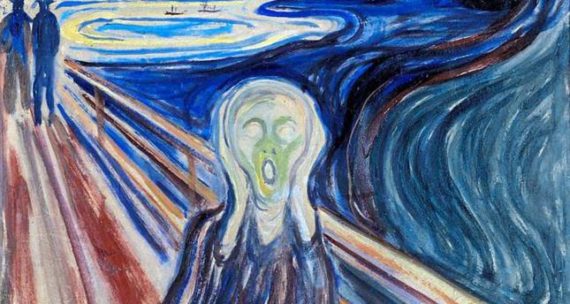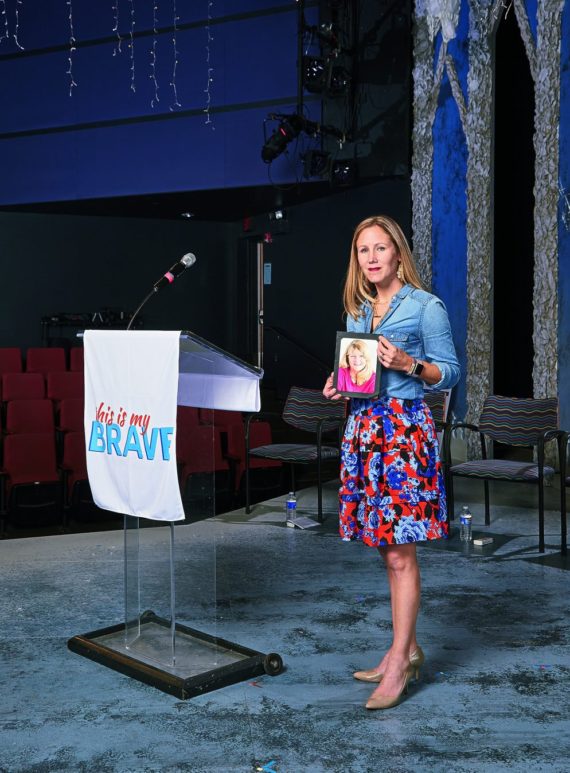(1-25-19)
Dear Pete,
Just letting my emotions get the best of me.
Last Saturday afternoon I received a phone call from a distressed mother. I have known her for almost 20 years. She has a son who has been diagnosed with schizophrenia. He has been committed to a state hospital six times because of his illness. He also has participated in a study at the National Institute of Mental Health (NIMH) in Bethesda, Maryland, on medication management. He also was sent to Stanford University for a trial with an experimental medication.
There is no question he suffers from a major mental illness. The problem is that he stops taking his medication after he is discharged from the hospital.
He lives in a different city than his parents. Every Saturday his parents drive to his apartment from their home to buy him food and give him some spending money. He is on SSDI due to his mental disability. When the parents arrived last Saturday, they found the food and money from the previous week were still on his kitchen table.



 Reporter Ben Finley, writing in the
Reporter Ben Finley, writing in the 


